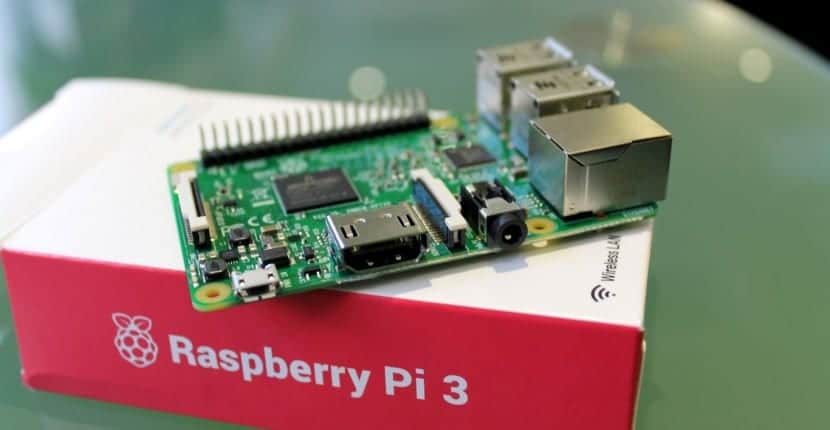
Although many of us are reluctant to use our Rapsberry Pi as an emulator to play games of yesteryear, the truth is that it goes through one of the most interesting and above all economical solutions to re-recreate our childhood by going back to fight all those villains who made us sweat so much almost a decade ago and even more.
With this in mind, it is not surprising that not only solutions appear on the market precisely aimed at this sector of the market in particular, but prototypes like the one I want to present to you today see the light of day, a new solution created by a Spanish fan who has been baptized as RGB Pi, a unique model with which you can once again enjoy your favorite games on the screens of the time.
RGB-Pi allows you to connect your Raspberry Pi 3 to any CRT screen using a scart connector
One of the main problems that true fans of retro games usually see when they dare to try a Raspberry Pi is that they do not offer that perspective that if they offer old computers, I mean the quality of those CRT screens (the old screens with ass) since the current Raspberry Pi only have HDMI and composite video outputs, which means that they cannot be connected to CRT monitors.
This is precisely the problem that RGB-Pi solves, a cable that allows you to connect the GPIO port present in Raspberry Pi 3 with the Scart port that is used in most CRT displays that still exist on the market. In this simple way, we only need to have a Raspberry Pi 3, the RGB-Pi cable and a CRT monitor with that input for Scart to be able to enjoy, as in the past, that quality that many users miss.